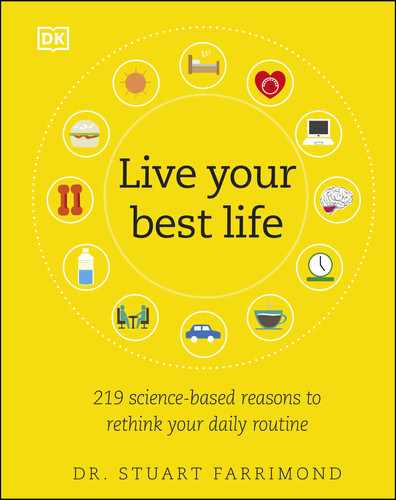Why Are My Childhood Memories So Hazy?
At different stages of life, the brain has different priorities—some functions, such as storing memories, have to take a back seat in favor of more urgent jobs.
You almost certainly have no memories of your life before the age of three, and memories up to around age seven are probably patchy and vague. Throughout our earliest years, the hippocampus’s cells are growing and in constant flux, making it difficult for strong memory pathways to establish. Early infant memories do form temporarily but are wiped at around age six, when memory circuits mature. The best efforts of memory-recovery “experts” can’t reverse this childhood amnesia.
The early years are a critical time for how the brain develops. The procedural memory connections to and from the cerebellum and “habit hub” form first, enabling us to learn to talk, walk, and feed ourselves, before forming long-term memory stores. These are critical periods in early brain development devoted to procedural memory, emotions, and language; research shows that the human brain is far more able to learn at this time than at any other point in our lives.
So if you don’t remember much from your childhood, take heart—it just means that your brain put all its energy into setting you up for the future.

n Double-tap image to read the labels
childish brain
When you were a young child, your brain’s priority in the first year was learning how to speak, walk, and take in the world around you. The memory region, the hippocampus, isn’t fully developed until the ages of 3–5.
